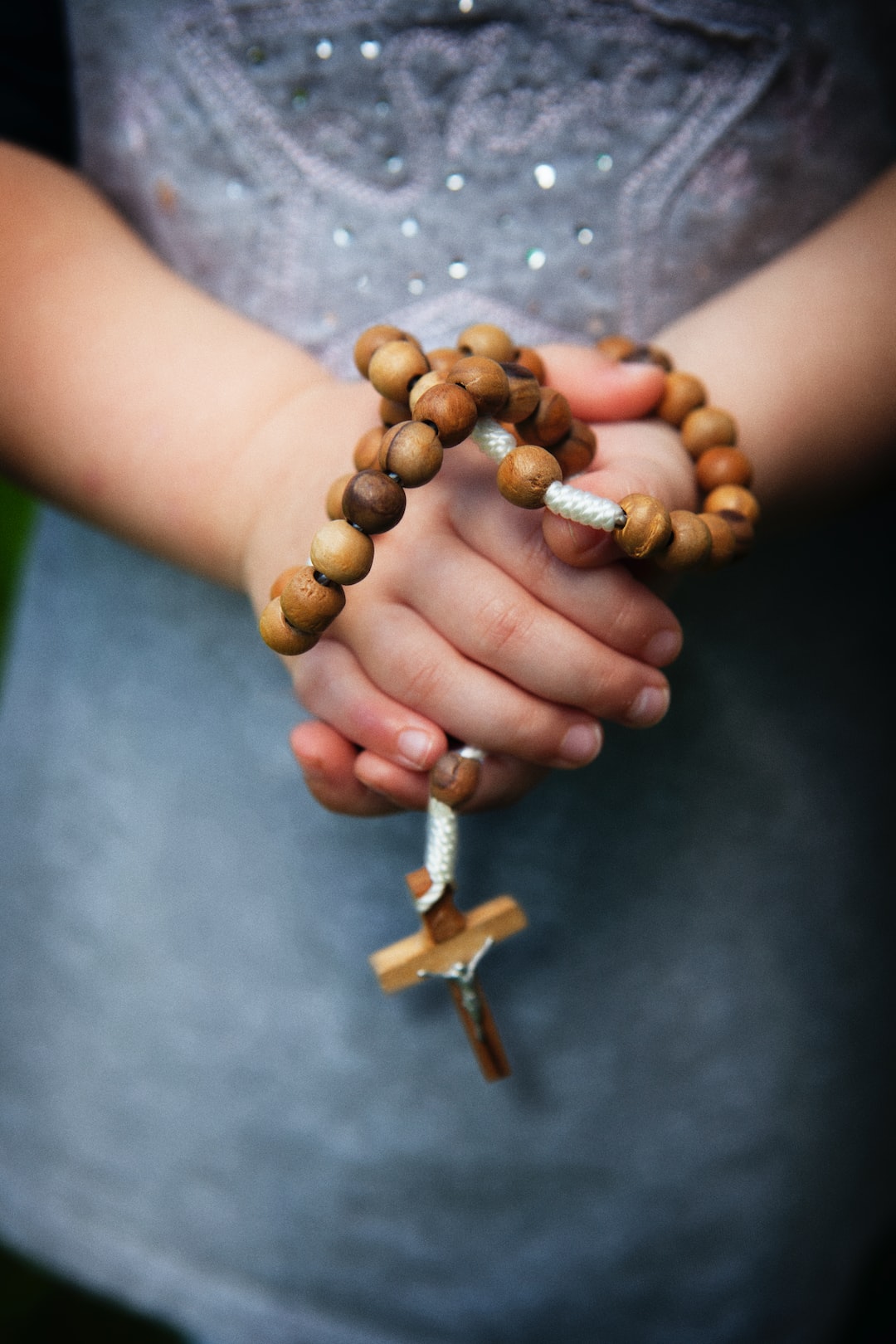The role of women in different religious communities has been a topic of debate and discussion for centuries. Religions have traditionally assigned specific roles and responsibilities to women, which vary greatly across different religious traditions. While some faiths promote gender equality and women’s empowerment, others adhere to more conservative and patriarchal ideologies.
In many modern societies, women have made remarkable strides in education, politics, and the workplace, challenging traditional gender roles and expectations. However, when it comes to religious communities, the progress for women varies significantly. Let us explore some religious traditions and their respective roles for women.
In Christianity, the role of women has evolved over time. While certain denominations, such as the Catholic Church, maintain a predominantly male leadership, other Christian groups promote gender equality and have female clergy members. Despite differences, the role of women in Christianity has often been associated with nurturing and caregiving, emphasizing the qualities of the Virgin Mary. Some women may feel restricted by these traditional roles, while others find fulfillment in them.
In Islam, women’s roles are often influenced by cultural practices, which can differ from the principles outlined in the Quran. Islam encourages the education and empowerment of women, emphasizing their equality in the sight of God. However, varying interpretations of religious texts by different Muslim scholars have led to disparities in women’s rights across different communities. For instance, in some countries, women are required to wear hijabs or burqas, while in others, women have more freedom to choose their attire.
Hinduism, being a complex religion with diverse practices, also exhibits a wide range of roles for women. The religion has seen inspiring female figures like Goddess Durga and Saraswati, which symbolize power, knowledge, and wisdom. However, in some conservative communities, women face restrictions on their mobility and access to education. As India continues to modernize, women’s empowerment movements have called for a reevaluation of these patriarchal norms.
Buddhism, often seen as a religion promoting peace and compassion, can also be patriarchal in certain contexts. In traditional Buddhist societies, women have historically struggled to achieve equality, especially within the monastic community. However, modern Buddhist movements, such as Engaged Buddhism, are actively working towards inclusivity and the empowerment of women.
Judaism encompasses a rich history of strong women who played influential roles, such as Miriam, Esther, and Deborah. However, Orthodox Judaism generally maintains traditional gender roles, where men lead religious ceremonies and women assume domestic responsibilities. In contrast, Reform and Conservative branches of Judaism have embraced gender equality, allowing women to participate fully in religious rituals and serve as rabbis.
Overall, the role of women in religious communities spans a broad spectrum, ranging from empowerment and equality to restrictions and gender-based disparities. While progress has been made in many religious traditions towards gender equality and breaking down barriers, some communities continue to hold steadfast to traditional roles and beliefs. It is important to recognize that these roles are often influenced by cultural practices and interpretations of religious texts.
As societies continue to evolve and become more inclusive, religious communities must engage in ongoing discussions to reevaluate the roles and responsibilities assigned to women. By empowering women within religious traditions, communities can enrich their spiritual practices and benefit from the diverse perspectives and leadership that women bring. Ultimately, embracing gender equality within religious communities can help foster a more inclusive and progressive world, where women’s voices and contributions are valued and respected.
